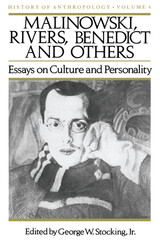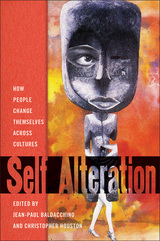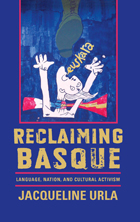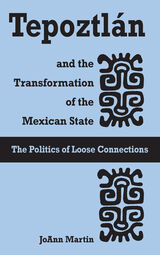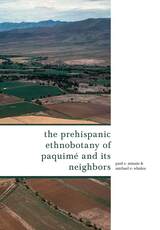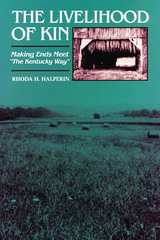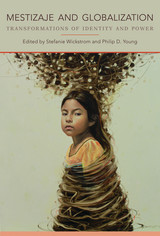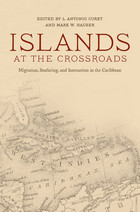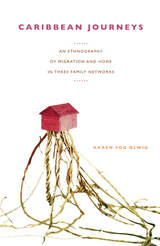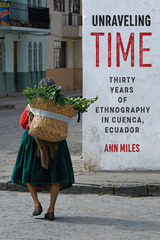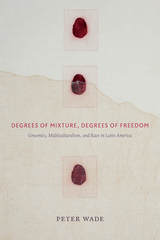Forbidden Relatives: THE AMERICAN MYTH OF COUSIN MARRIAGE
University of Illinois Press, 1996
Cloth: 978-0-252-02239-5 | Paper: 978-0-252-06540-8
Library of Congress Classification GN560.U6O77 1996
Dewey Decimal Classification 306.8
Cloth: 978-0-252-02239-5 | Paper: 978-0-252-06540-8
Library of Congress Classification GN560.U6O77 1996
Dewey Decimal Classification 306.8
ABOUT THIS BOOK | AUTHOR BIOGRAPHY
ABOUT THIS BOOK
Forbidden Relatives challenges the belief--widely held in the United States--that legislation against marriage between first cousins is based on a biological risk to offspring. In fact, its author maintains, the U.S. prohibition against such unions originated largely because of the belief that it would promote more rapid assimilation of immigrants.
A social anthropologist, Martin Ottenheimer questioned U.S. laws against cousin marriage because his international research into marriage patterns showed no European countries prohibit such unions. He examines the historical development of U.S. laws governing marriage, contrasts them with European laws, and analyzes the genetic implications of first cousin marriage. Modern genetic evidence, Ottenheimer says, doesn't support the concept that children of these unions are at any special risk.
Ottenheimer's book, the only volume available that deals with kinship in this way, will challenge readers and give them much to consider and discuss.
A social anthropologist, Martin Ottenheimer questioned U.S. laws against cousin marriage because his international research into marriage patterns showed no European countries prohibit such unions. He examines the historical development of U.S. laws governing marriage, contrasts them with European laws, and analyzes the genetic implications of first cousin marriage. Modern genetic evidence, Ottenheimer says, doesn't support the concept that children of these unions are at any special risk.
Ottenheimer's book, the only volume available that deals with kinship in this way, will challenge readers and give them much to consider and discuss.
See other books on: Anthropology | Cross-cousin marriage | Europe | Social life and customs | United States
See other titles from University of Illinois Press

